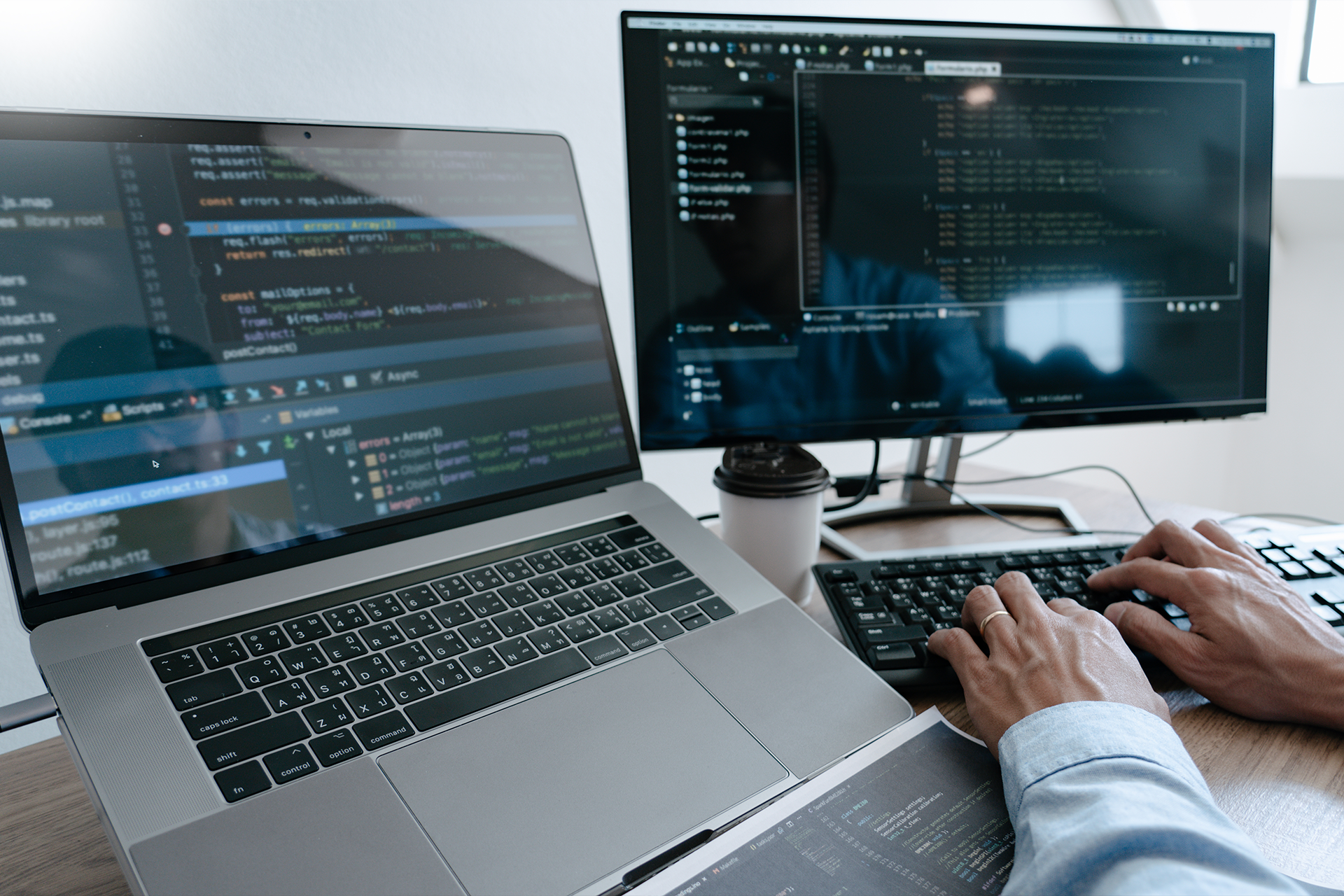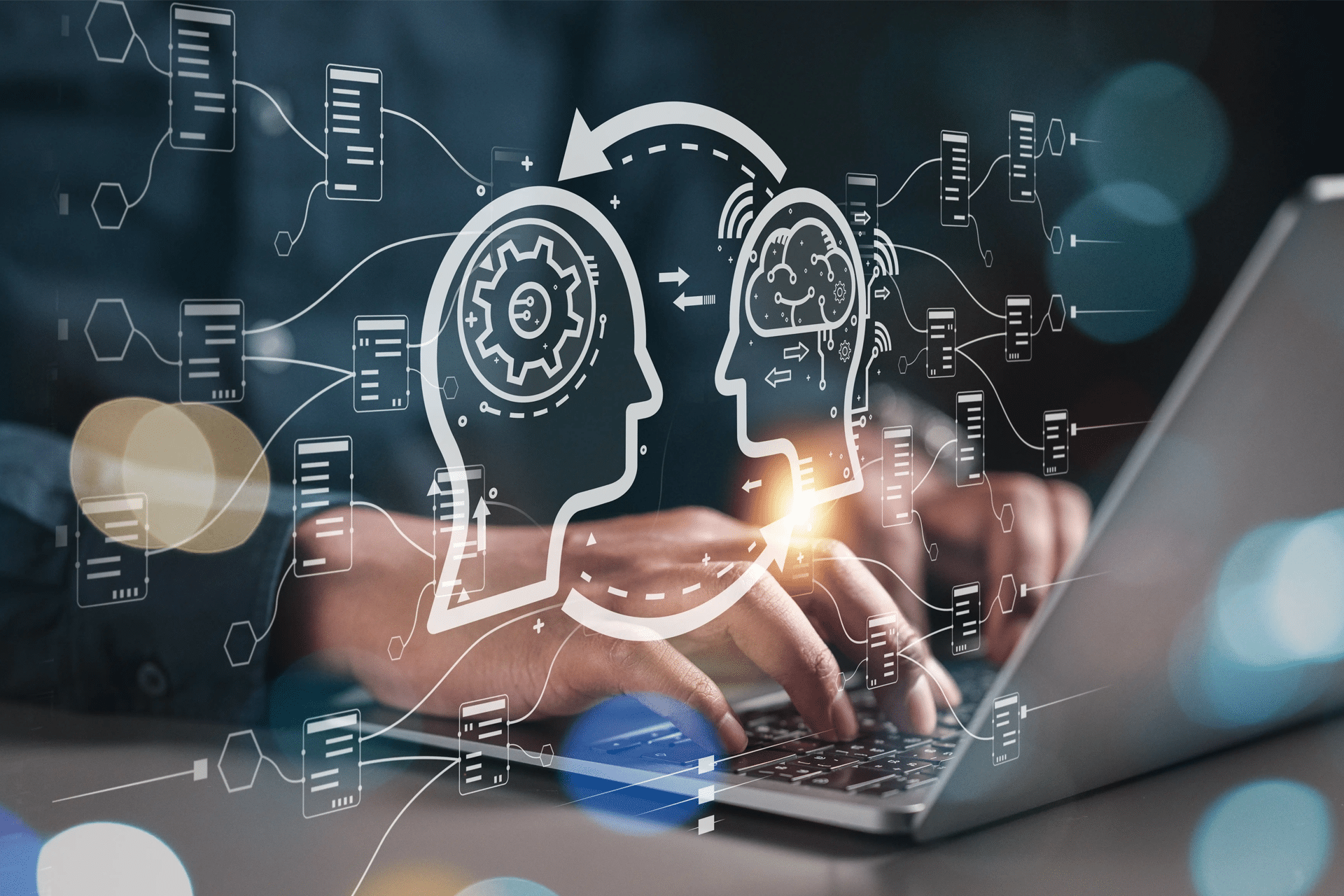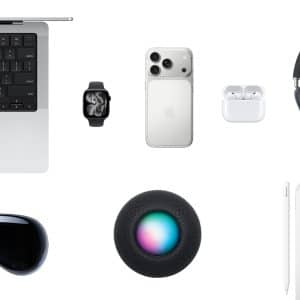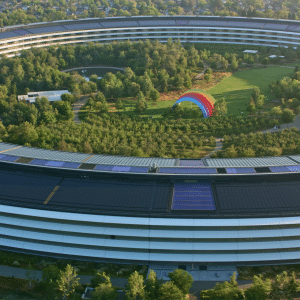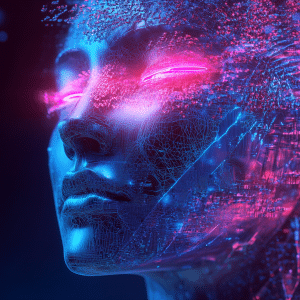New computer science graduates are entering a job market that looks strikingly different from just a few years ago. As artificial intelligence continues to automate many technical and analytical tasks, entry-level positions once considered reliable career starting points are being redefined or, in some cases, eliminated altogether.
Recruiters and educators across North America say the shift is reshaping what it means to be “job-ready” in the tech industry. Companies now expect graduates to understand how to work with — not compete against — AI tools that increasingly handle core programming, testing, and data analysis functions.
AI’s Growing Role in Early-Career Tech Jobs
The impact is being felt most acutely at the entry level. Tasks such as code debugging, data preprocessing, and quality assurance — traditionally assigned to junior engineers — are now performed by generative and predictive AI systems.
Major employers, including IBM, Google, and several Canadian software firms, have confirmed that automation is reducing the number of available trainee positions. Instead, hiring managers are prioritizing candidates with cross-disciplinary expertise in product design, prompt engineering, and human-AI collaboration.
Many graduates are finding that proficiency in AI-assisted tools like GitHub Copilot and ChatGPT is no longer an advantage but a baseline expectation. Technical roles now emphasize creative problem-solving and strategic thinking, skills that machines can augment but not replace.
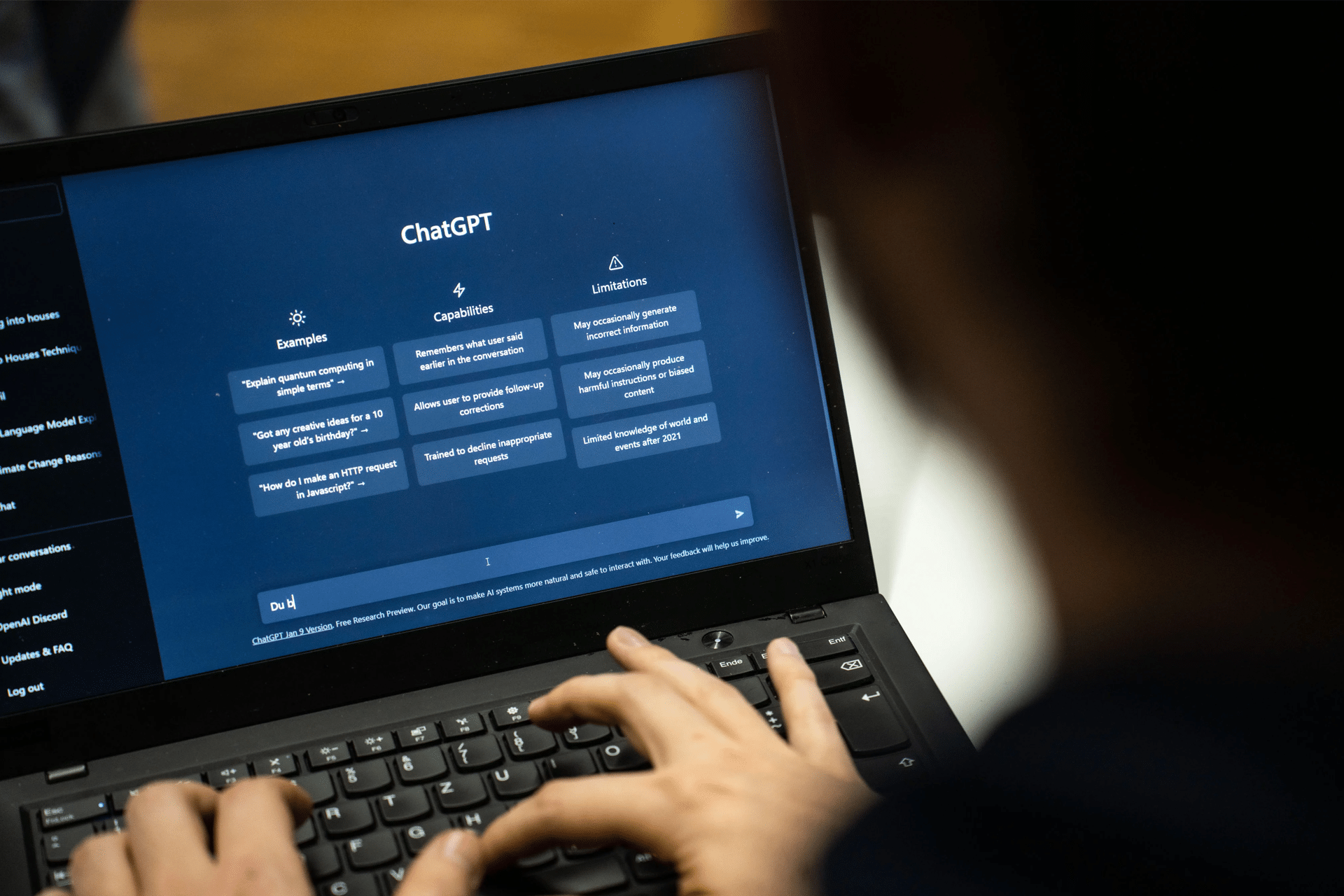
Universities Adjusting to AI-Driven Curriculums
In response to these changes, universities across the U.S. and Canada are rapidly revising computer science programs to include AI literacy and practical applications of automation technologies.
Institutions such as the University of Toronto and MIT have added courses on responsible AI development, model supervision, and human-computer interaction — topics that were once peripheral but are now central to job readiness.
Career services departments are also broadening their scope. Instead of steering graduates exclusively toward software engineering or data science, they’re highlighting new paths in AI ethics, systems integration, and automation management — roles focused on oversight rather than execution.
These changes mark a fundamental shift in tech education: graduates must not only code but also understand how to guide and interpret AI behavior within complex systems.
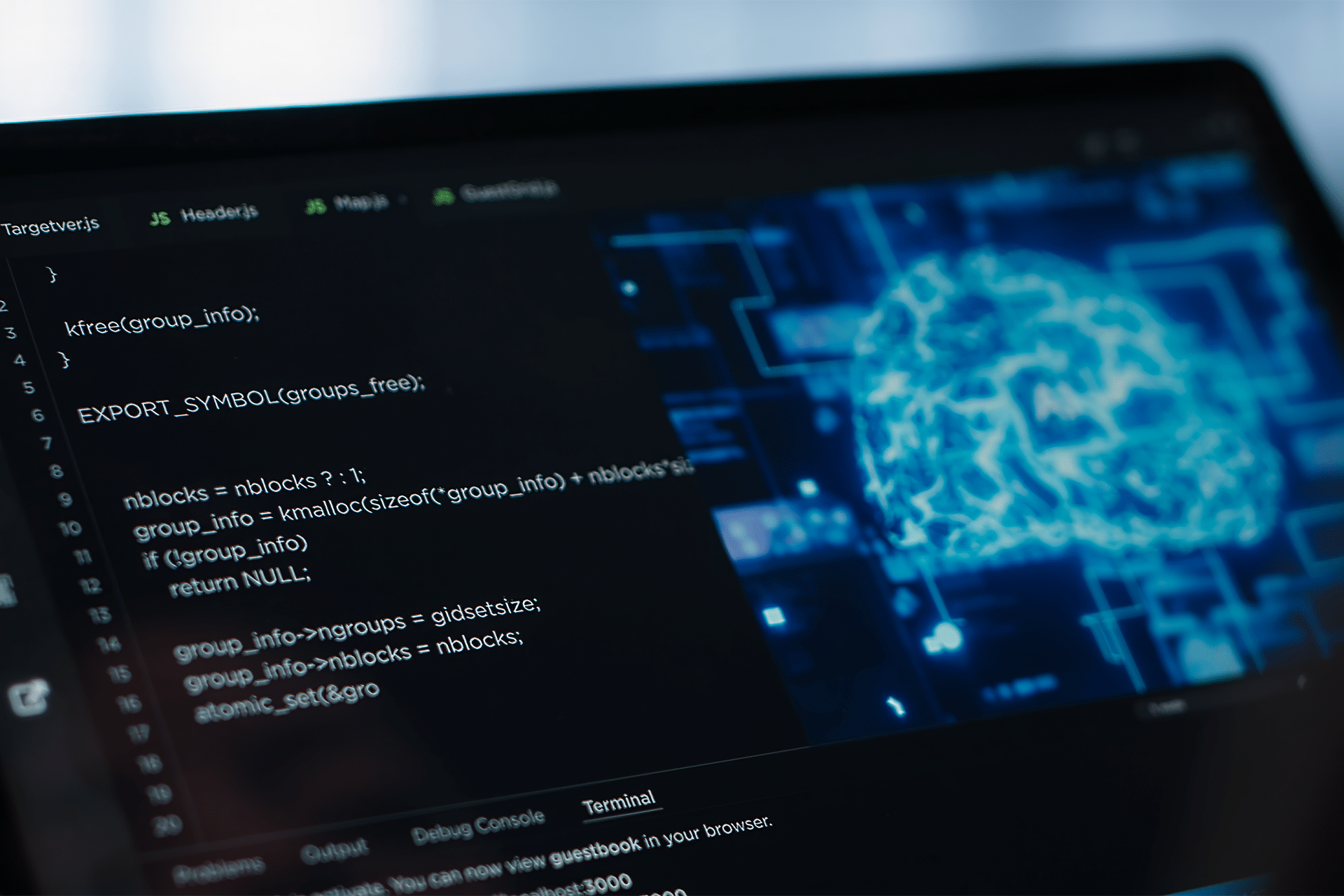
Industry Outlook and the New Skills Gap
The demand for workers who can combine technical expertise with contextual awareness is rising sharply. Companies are seeking engineers who can evaluate AI-generated code, understand ethical implications, and ensure transparency in machine learning models.
Despite these new opportunities, the short-term reality for many recent graduates is a tightening market. Entry-level postings for software developers in North America have fallen by roughly 20 percent compared to 2023, according to job analytics firms tracking hiring trends.
However, experts say this contraction doesn’t signal the end of opportunity — rather, a recalibration. As automation handles repetitive work, companies will continue to need professionals capable of orchestrating, refining, and securing AI-driven systems.
For graduates, success increasingly depends on flexibility — blending traditional programming skills with emerging competencies in model evaluation, data governance, and AI-assisted creativity.
Across the industry, the conversation is shifting from “how to break into tech” to “how to work alongside intelligence that evolves faster than any career path.”
